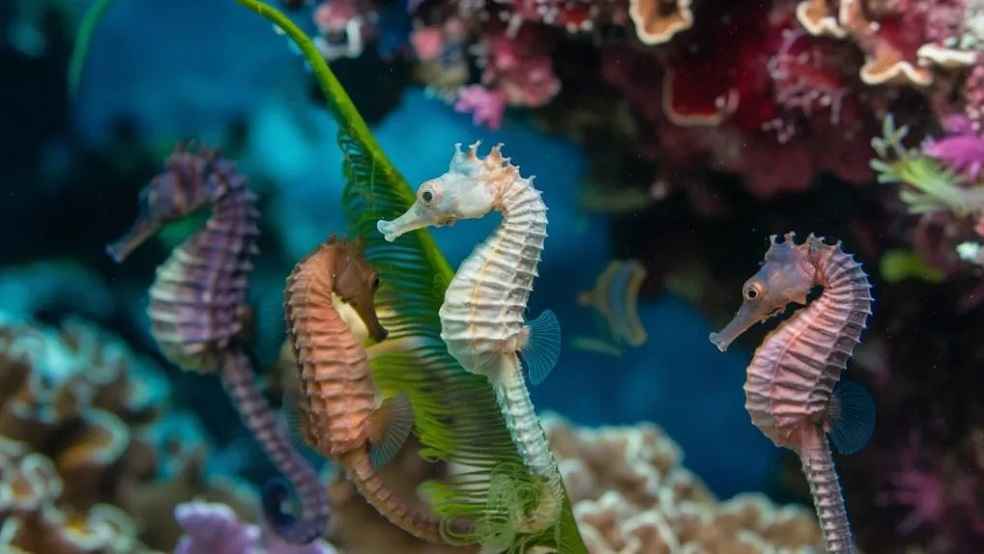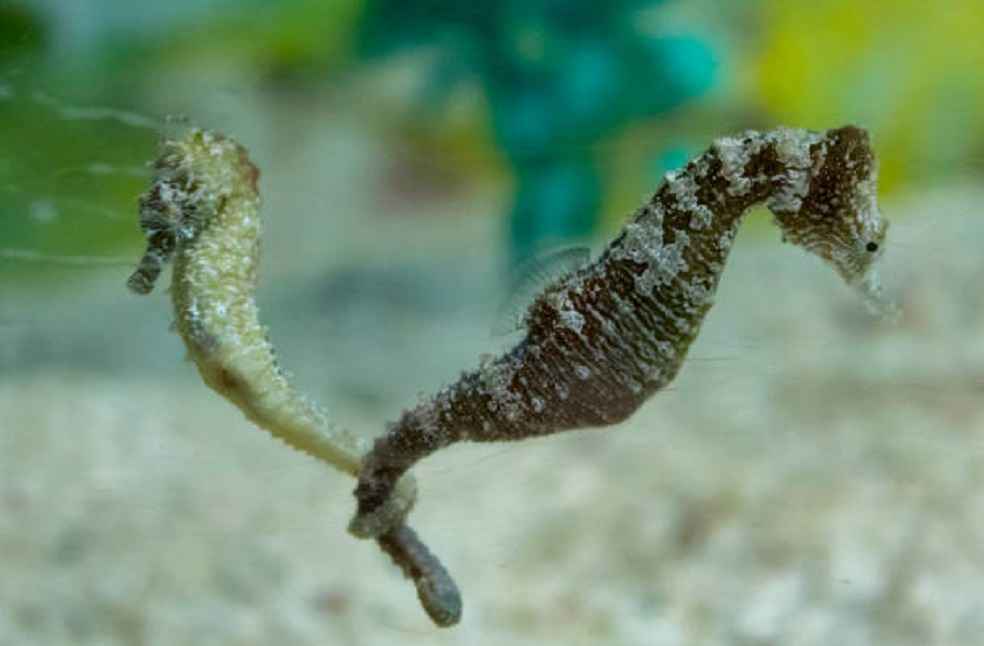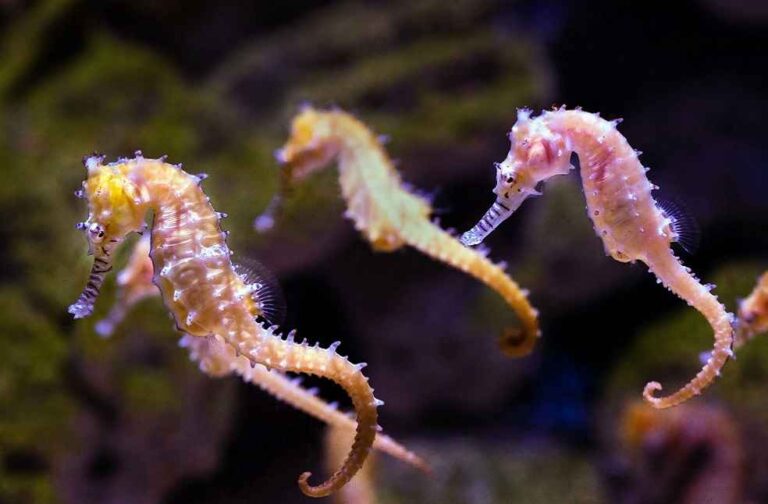The Department of Fisheries in Thailand has launched a new initiative to promote seahorse farming as a sustainable and income-generating aquaculture practice. In a move to capitalize on growing global demand, the department recently trained 40 private firms to breed and export farmed seahorses, aiming to develop them into a high-value aquatic product for international markets.
Deputy Director-General of the Fisheries Department, Thitiporn Laoprasert, stated that the training sessions were conducted across five Andaman coastal provinces—Krabi, Trang, Phang Nga, Phuket, and Satun. These regions were chosen due to their proximity to suitable marine environments and potential for community-based aquaculture.
The 40 selected companies, noted for their strong export capabilities, are expected to collaborate with local communities by sourcing farmed seahorses from coastal residents, thus supporting livelihoods and regional economic development.

Seahorses, while not endangered, are protected under Appendix II of the Convention on International Trade in Endangered Species of Wild Fauna and Flora (CITES). This classification mandates regulated trade, requiring valid export permits from the country of origin to prevent overexploitation and ecological harm.
According to Thitiporn, global demand for seahorses remains high, particularly in markets such as Hong Kong, Taiwan, and Singapore. Seahorses are used in aquariums, as decorative souvenirs like pins and keychains, and in various edible products.
To support sustainable supply, the department is encouraging the cultivation of three seahorse species—Hippocampus spinosissimus, Hippocampus trimaculatus, and Hippocampus kuda, which have already been successfully bred in controlled environments.

The training covered essential aspects of the seahorse farming value chain, including breeding techniques, value-added processing, legal frameworks for international trade, and effective transportation and marketing strategies. Participants also toured the Satun Fisheries Research and Development Center to gain practical insights into seahorse aquaculture operations.
With this initiative, Thailand aims to both protect marine biodiversity and boost income for coastal fishers, positioning farmed seahorses as a promising new export commodity in the global aquaculture market.
IMEX SECTOR | Thai Ice Cream Exports Top Asia, Rank 4th Globally



